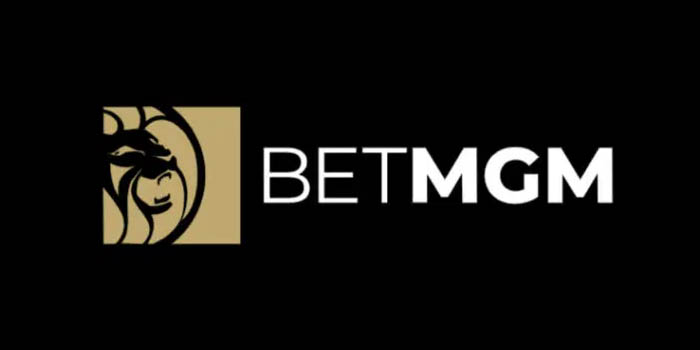Fact-checked by Angel Hristov
NBA Petitions CFTC for More Regulation on Sports Prediction Markets
While legal sports betting in many states operates under strict regulatory oversight, sports prediction markets largely fall outside these frameworks

The NBA has expressed concerns about their possible effects of sports prediction markets on the integrity of the game and proposed that the Commodity Futures Trading Commission (CFTC) introduce a specific regulatory framework.
NBA Addresses CFTC Over Sports Prediction Markets
In a letter addressed to acting chairman Caroline D. Pham of the Commodity Futures Trading Commission, the NBA outlines its concerns. The organization explained that the fast-developing sports prediction markets are growing quickly through the self-certification process without adequate regulatory oversight.
NBA prediction markets have shifted from focusing solely on full-season bets to now encompassing individual game outcomes. This shift has sparked conversations about the potential rise of more specialized markets, including those centered on player performance and officiating decisions. The NBA warns that without appropriate regulatory oversight, the expanding scope of these markets could jeopardize the integrity of the game.
While legal sports betting in many states operates under strict regulatory oversight, sports prediction markets largely fall outside these frameworks. Unlike traditional betting, which requires state approval to introduce new markets, prediction markets can be launched through self-certification. This shifts the responsibility for maintaining integrity to the CFTC, rather than to state regulators.
The absence of sports-specific oversight means that exchanges and brokers are not obligated to report suspicious activity or collaborate with leagues during investigations. According to the NBA, this regulatory gap hinders effective risk monitoring and makes it challenging to address emerging issues as prediction markets grow in popularity. The league has called for continued dialogue on targeted measures to help mitigate integrity risks.
Prediction Markets Grow Very Fast
In just a matter of months, the rapid expansion of prediction market offerings has been striking. Kalshi is one of the main driving forces in this growth, rolling out these markets with a season-long futures such as championship winners. However, this quickly evolved into single-game contracts, which have now become some of the highest-volume markets on the exchanges.
Under traditional sports betting regulations, operators must obtain approval from state regulators before introducing new bet types in a jurisdiction. Some operators, like Sporttrade, have pushed for national approval, which is a departure from the normal state-side licensing.
However, federally regulated commodities exchanges can self-certify contracts and start offering them right away. The CFTC has the option to later request the removal of these contracts or take no action at all. This regulatory framework is a major point of contention for critics, although companies like Kalshi and others assert that they consulted with the CFTC throughout the process.
With the NBA’s letter now further stirring things up, discussions on the matter will continue.
Stefan Velikov is an accomplished iGaming writer and journalist specializing in esports, regulatory developments, and industry innovations. With over five years of extensive writing experience, he has contributed to various publications, continuously refining his craft and expertise in the field.

















